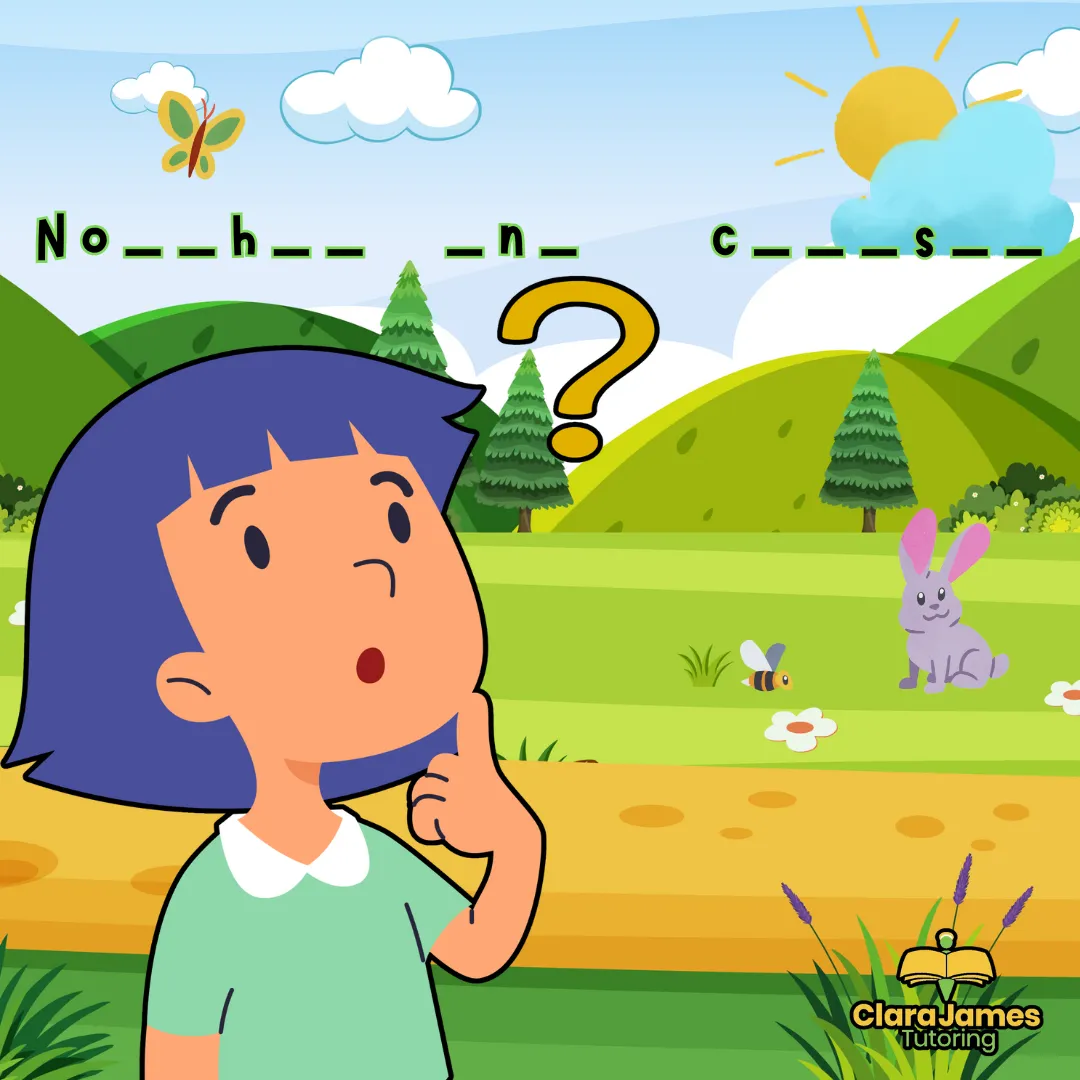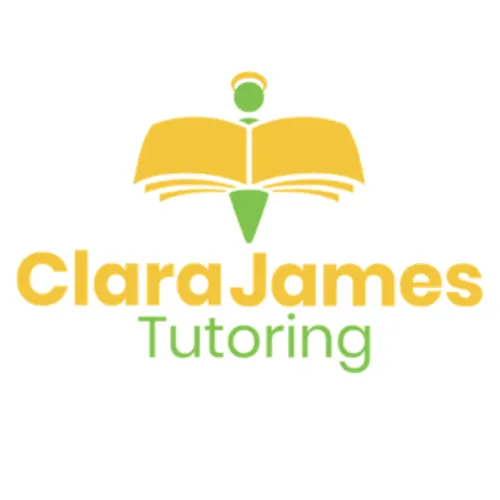Clara James Tutoring
BLOG POSTS

3 games to help prepare for the weekly spelling test
It seems as though Spellings are being sent home again and I think many parents (and children) will agree that learning the spelling can be painful!
For some people an ability to spell correctly seems to be instinctive. For others spelling seems to be an uphill struggle.
We can all try and encourage our children to find a love for books and reading but for some of you, as I was with Clara, you might as well just bang your head against a brick wall.
These are probably 3 of the easiest (to prepare) games that we use. I’ve probably mentioned them before, so I apologise if I’m repeating myself.

Battleships: on a sheet of paper, I print 2 grids. Along the bottom I miss the first square, then in the following squares write the numbers from 1 to 9. Then up the left-hand side, I again miss the bottom left square, but in the following squares write the alphabet from a-I (1 letter per square).
We each take 2 grids. On the top one, choose 4 of the spellings and fill them into the grid (1 letter per square, each word has to go in a straight line, but it can go in any direction).
The remaining squares stay empty.
Now take it in turns to find the letters to spell the words. If they guess the word early, they can’t claim that word/boat until they have spelt it correctly. The first person to find all of the other person’s words, wins.

Hangman: This requires nothing more than the list of words, a piece of paper and something to write with.
The first person chooses a word. Again, don’t tell the other person which word you have chosen. If the word contains 5 letters, draw 5 little horizontal lines, one for each letter. The other person chooses a letter. If it is in the word, write it on its corresponding line (if l is the second letter, write it on the second line along).
If the letter isn’t in the word, write it to a side with the first part of the picture. Continue this until either the word or the picture is complete. If the images completes first the person spelling the word wins, if the word is complete first, the person guessing the word wins.
It’s up to you whether you can see the words when you are guessing the letters, but personally I would turn them over so the person guessing can’t just cheat, though you may want to let the speller check from time to time if needed to eliminate any mistakes.
The thing with hangman is that it really makes you think about the letters it contains and the order that they go in.

Scrabble letters: You will need something like a bag of scrabble letters for this game (I use Bananagrams). Pick a word from the list of spellings. Again, don’t tell the other person which one you have chosen.
Find the letters amongst the bag of Bananagrams that you will need to spell the word. Once found, double check they are right, give them a shake and pass them to the other person.
It is now down to the other person to try and unscramble them and work out what the word is.
By rearranging the letters and using a more physical style of spelling the words it triggers different neuropathways making it easier to remember.
You can also use things like writing the words in different textures such as sand or gloop (baking powder and water), paint or playdough. Be as creative as possible because it will make the whole exercise more fun, but at the same time it will also make it the words a lot easier to remember.

Our goal at Clara James Tutoring is to make learning fun and accessible to everyone. If children are engaged in what they are doing they are more likely to want to participate, if they are enjoying it, they are more likely to relax and retain the information.
If they are retaining the information it will help boost their knowledge and with knowledge comes confidence.
If you have a child who enjoys learning through games and being more creative, and you enjoy spending time with them, you might be interested in the Clara James Approach, the membership group we have put together to support you in supporting your primary school aged child with their maths and English.
Interested?
Click here to learn more: The Clara James Approach
Morning,
I hope the week is going well.
So many people seem to be doing D of E and work experience
at the moment, good luck if that’s you and if you’re at Marlow Camp next
fingers crossed for good weather!
I’ve just finished a lesson on division. It seems to be
something that messes with the brains of so many people.
I found it got easier when I stopped thinking about it as
division and instead thought about it as multiplication. So, if for example I
had the question 396 divided by 3, I would look at it as 3x what = 3. My answer
would be 1. How many times would I need to multiply 3 to get to 9, (my answer
would be 3). Then 3x something = 6. My answer would be 2. Giving me the overall
answer of 132.
I know that’s a really simple example but hopefully it explains
my point.
Thankfully in schools they don’t often seem to need to do
long division, but I’ve worked with a couple of adults (generally nurses for
some reason) who have needed it.
I think I’ll explain this one in a video, as it will be too
complicated to explain it with words as bits get put all over the place. I hope
this makes sense though:
Enjoy the rest of the week and speak soon,
Dawn

